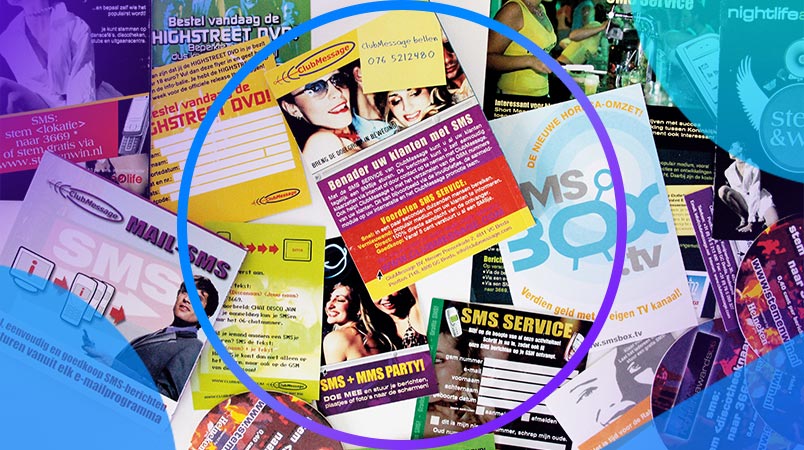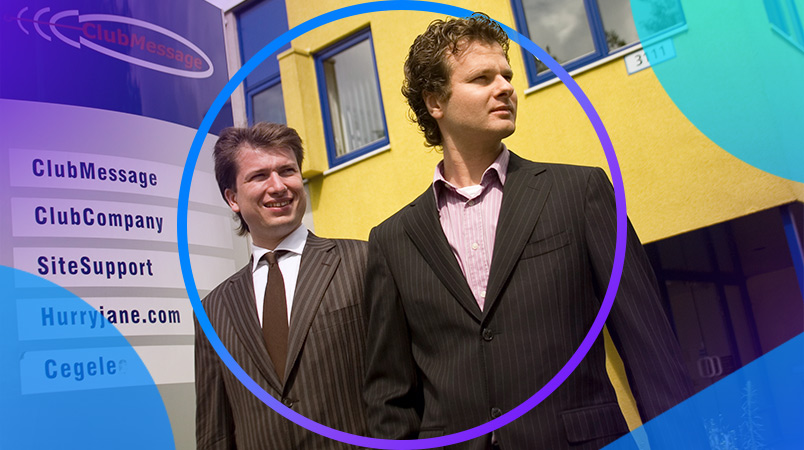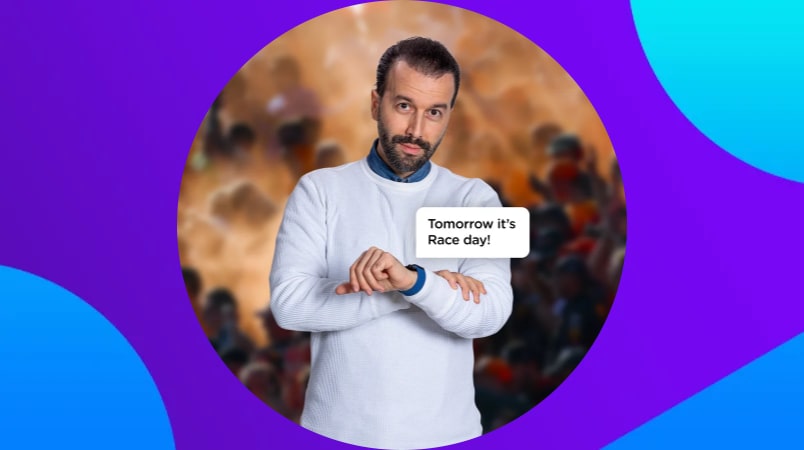Who: Jörg de Graaf
What: Since April 2020 CFO of CM.com
Interviewed by: Ton van Abeelen, Deloitte private leader and member of the executive committee Deloitte Nederland.
You have worked for KPN for about 15 years. Why the switch to CM.com?
Because of the challenge. CM.com was founded in 1999 and is growing incredibly fast. That comes with a unique atmosphere, where people mainly think in terms of possibilities. There is a winner's mentality: every quarter we want to do more. KPN's main focus recent years has been on transition to the new world, customer retention and cost reduction. I've learned a lot from that, but CM.com is in an entirely different phase. In addition, the technology appeals to me enormously. We have grown from a text messaging service to a software-driven company, which makes virtual communication and interaction between companies and consumers easier via all kinds of communication and payment services. All that is mobile first, because that's the future'.
How did you prepare yourself?
With founders Jeroen van Glabbeek and Gilbert Gooijers I had long conversations about vision and strategy. I have immersed myself well in the history, and the financial team - from a distance - has taken good care of me and onboarded me. Because I joined during the lockdown, I saw less of the company physically than I would have liked. I have not yet been able to visit our foreign offices. I look forward to getting to know my colleagues outside the Netherlands in person, when that is safe again'.
How did you experience the first 100 days?
Very dynamic, because a lot happened in that short period of time. We made the largest acquisition in our history with software company CX Company, presented half-yearly figures for the first time after the IPO in February, made an extensive virtual roadshow to investors and raised another 32 million euros for acquisitions in September. Wonderful, isn't it?
Given your background, what can you contribute?
Jeroen and Gilbert are real entrepreneurs who are still firmly at the helm and have a majority stake. They have come up with everything themselves from their own experiences and ideas, but have no experience of how large corporates organize things. My added value lies in contributing to further professionalization in matters such as planning processes, budgets and governance models. I don't come in to tell how we should do things, but the founders would like to hear from me how some things can be done better. How do you structure consultative and decision-making bodies in such a way that accountability is tight and clear? How do you set up a strategic process? In doing so, we keep an eye on how we can remain entrepreneurial. Earlier three years was a long way away at CM.com, but now that we have more than 400 employees, are growing very fast and are active in more and more countries, it sometimes has to be a little tighter and more towards the corporate side.
What do you see as the biggest challenge?
Today's CM-way is characterized by a lot of freedom and entrepreneurship. People do what they are good at and look for opportunities themselves to help the company move forward, instead of waiting for initiative from above. The challenge is to keep as much of that entrepreneurship as possible while making sure that everyone runs in the same direction, so that it remains controllable. This requires a business model with clear objectives, explicit communication about the dot on the horizon and a good organization of decision-making processes'.
This short interview was published (in Dutch) in Management Scope 09 2020. The interview was translated to English for publication on our website.









